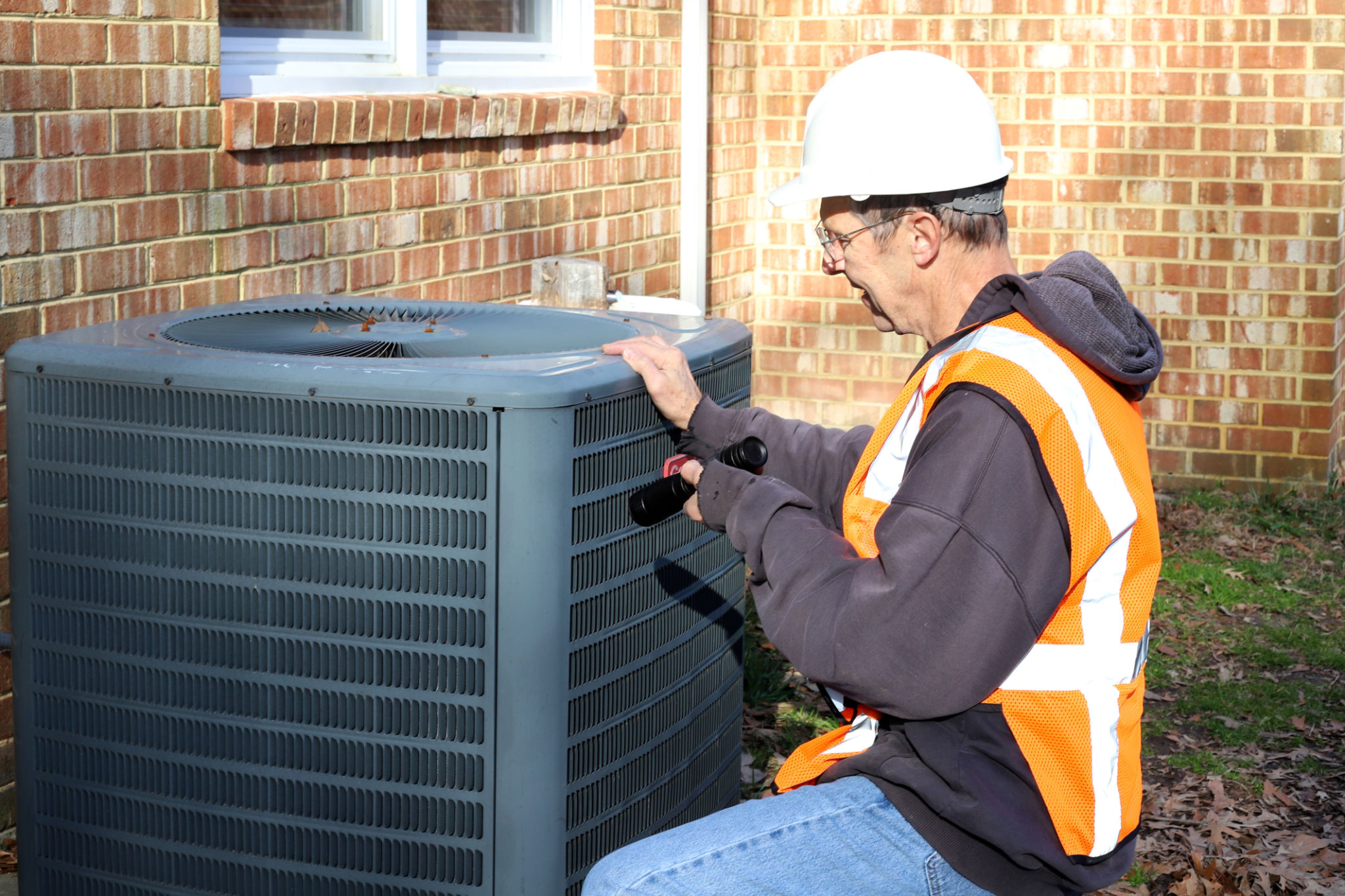What to Do If Your AC Blows Hot Air: A Homeowner's Guide
Understanding Why Your AC Blows Hot Air
When the summer heat hits, a well-functioning air conditioning unit is essential for maintaining comfort in your home. However, if your AC starts blowing hot air, it can quickly turn into a major inconvenience. Understanding the possible reasons behind this issue is the first step in resolving it efficiently.
Common causes of an AC blowing hot air include refrigerant leaks, thermostat issues, or dirty filters. Each of these problems requires a different approach to fix, and identifying the root cause is crucial for effective troubleshooting.

Check Your Thermostat Settings
The simplest explanation for your AC blowing hot air could be an incorrect thermostat setting. Before calling a technician, ensure that your thermostat is set to “cool” and that the temperature is set lower than the current room temperature. Sometimes, a quick reset to the desired settings can resolve the issue.
If the settings are correct but the problem persists, consider replacing the thermostat's batteries. An unresponsive or malfunctioning thermostat can often be resolved with a fresh set of batteries.
Inspect and Clean Air Filters
Dirty or clogged air filters can severely restrict airflow, causing your AC to work inefficiently and blow hot air. Regular maintenance of your AC unit includes inspecting and cleaning or replacing air filters every one to three months, depending on usage and environmental factors.

If you notice dust buildup on the filters, it's time to clean them. For reusable filters, gently wash them with water and let them dry completely before reinstalling. If you have disposable filters, replace them with new ones to ensure optimal airflow.
Examine Refrigerant Levels
Low refrigerant levels are another common reason for an AC unit to blow hot air. Refrigerant is essential for cooling the air that circulates through your home. A leak in the refrigerant line can cause your AC to lose its cooling ability.
If you suspect a refrigerant leak, it's best to contact a professional technician to assess and fix the issue. Handling refrigerants requires specialized knowledge and tools, and it’s not advisable to attempt repairs on your own.

Assess Electrical Components
Electrical issues can also be the culprit behind an AC blowing hot air. Check your circuit breaker to ensure that it hasn’t tripped. If resetting the breaker doesn’t work, there might be a more significant electrical issue at play.
Inspect all visible wiring for signs of wear or damage, but exercise caution and turn off power to the unit before doing so. If you notice any frayed wires or burnt connections, call a professional electrician to handle repairs safely.
When to Call a Professional
While some AC issues can be resolved with simple troubleshooting, others require professional intervention. If you’ve tried the steps above without success, or if you feel uncomfortable performing any of these tasks, contact an HVAC specialist for assistance.
A trained technician can diagnose complex problems, perform necessary repairs, and ensure that your AC unit operates efficiently and safely. Regular maintenance by professionals can also prevent future issues and prolong the lifespan of your air conditioning system.
